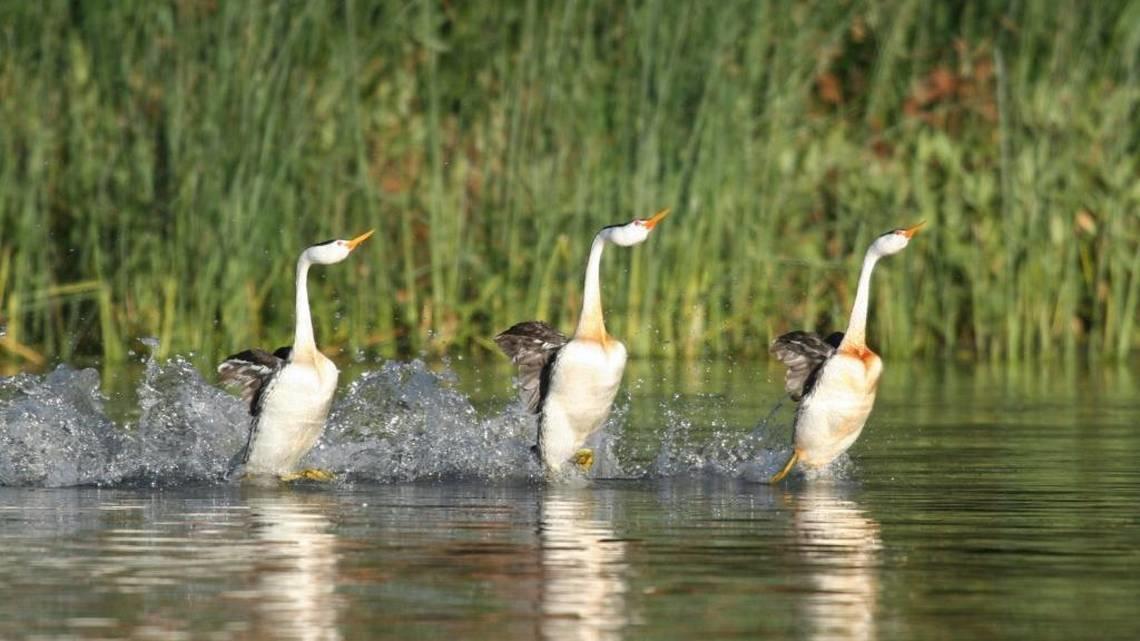Latest News and Updates from Audubon in California
California Condor. Photo: Scott Frier/USFWS
Audubon President David Yarnold writes in Newsweek about the Trump Administration's attack on the Migratory Bird Treaty Act.
"The Trump administration and some members of Congress are ready to give oil and gas companies and other industries a free pass to kill birds with impunity by gutting the nation’s most effective bird protection law—a law that has been on the books for a century.
It is the law that saved some of America’s most beautiful and beloved birds from mass slaughter by a fashion industry that prized their plumes for hats and clothing in the early 1900s. At one point, an ounce of egret feathers was worth more than an ounce of gold.
Today’s industrial threat to birds isn’t the trade in fancy feathers, but rather oil pits, gas flares from drilling, oil spills, power lines, communication towers, improperly sited wind turbines and solar arrays and other deadly, but avoidable hazards."
Audubon California's Ariana Rickard whips up the crowd during the Feb. 8 protest against new offshore oil drilling being proposed by the Trump Administration. Many Audubon activists were there to speak out against the proposal. (video by Georgette Howington)
It's hard to imagine any piece of federal legislation more complex -- or more wonky -- than the Farm Bill. But as this great Audubon story suggests, there's a lot in the Farm Bill for birds. Here in California, Farm Bill helps provide habitat for birds on Central Valley farms and protect rare Tricolored Blackbirds, but that's just the beginning.

This week, the Sacramento Bee published an excellent piece on how grebe populations in northern California might be impacted by climate change. The article also highlighted the grebe monitoring and outreach work of three of our chapters, Altacal, Plumas, and Redbud. For more information about our long running grebe project, please see our latest update.
Our newsletter is fun way to get our latest stories and important conservation updates from across the state.
Help secure the future for birds at risk from climate change, habitat loss and other threats. Your support will power our science, education, advocacy and on-the-ground conservation efforts.
California is a global biodiversity hotspots, with one of the greatest concentrations of living species on Earth.